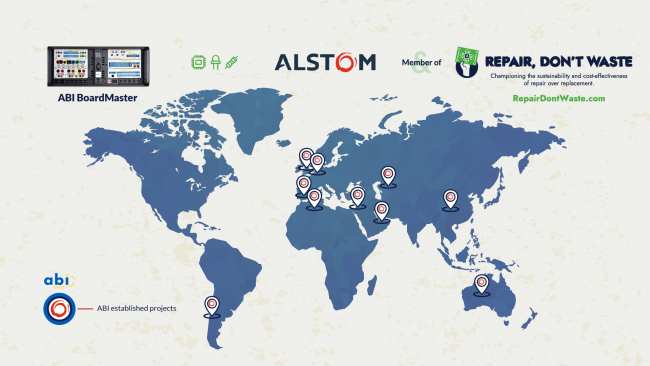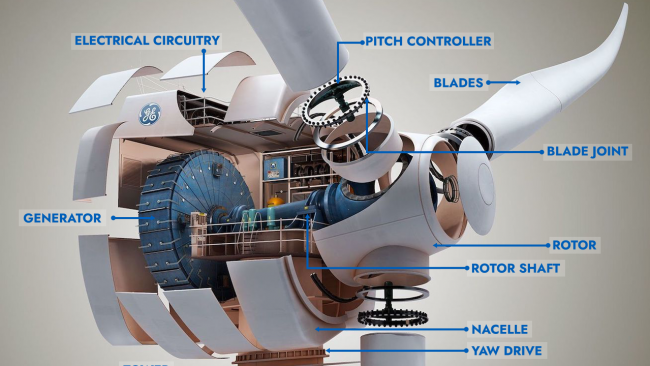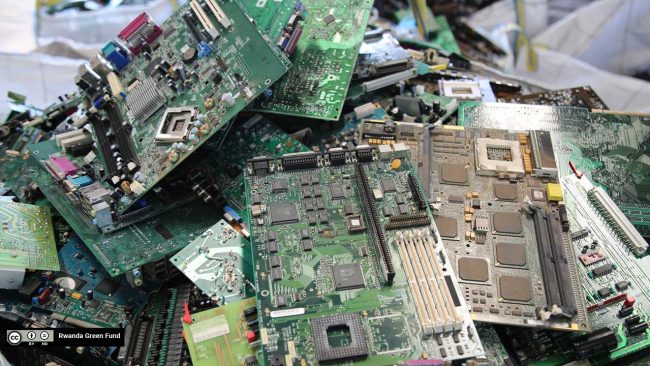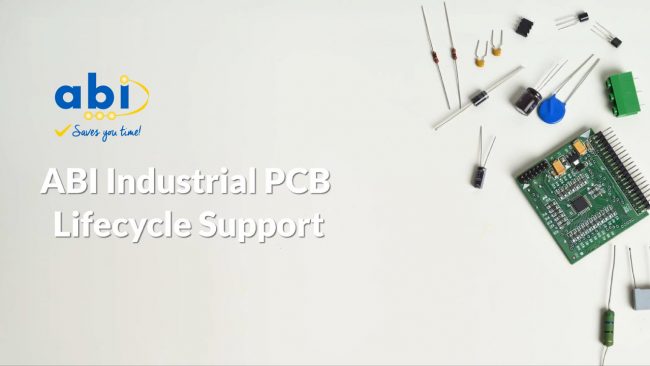How the global defence sector uses Repair, Don’t Waste to achieve astounding results
Throughout the years, Repair, Don’t Waste has built a strong relationship with the global defence sector by facilitating the repair of incredibly valuable assets in numerous settings. Such projects have included collaborations with the UK MoD, the Hellenic Airforce, and the Saudi Navy, but the partnership developed with the U.S Army has undoubtably yielded one of the most impressive single repair results that Repair, Don’t Waste have seen so far.








